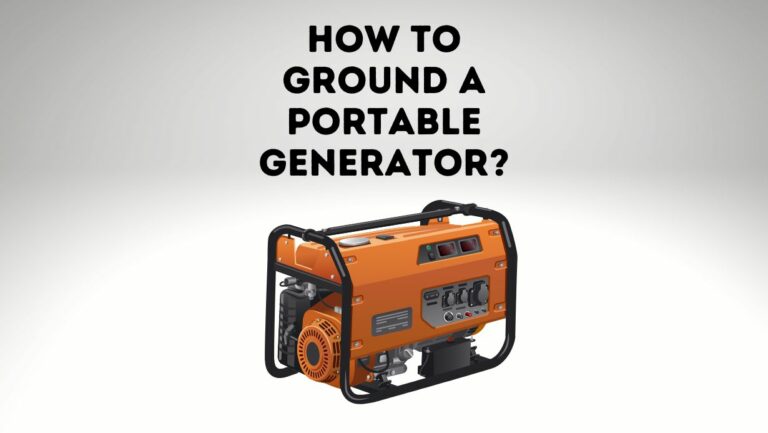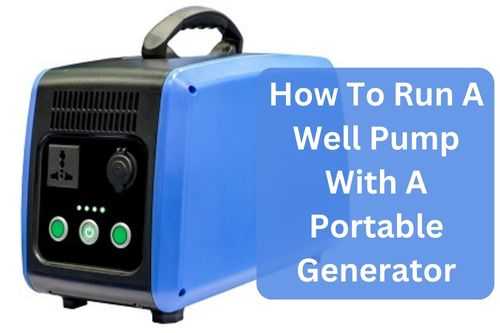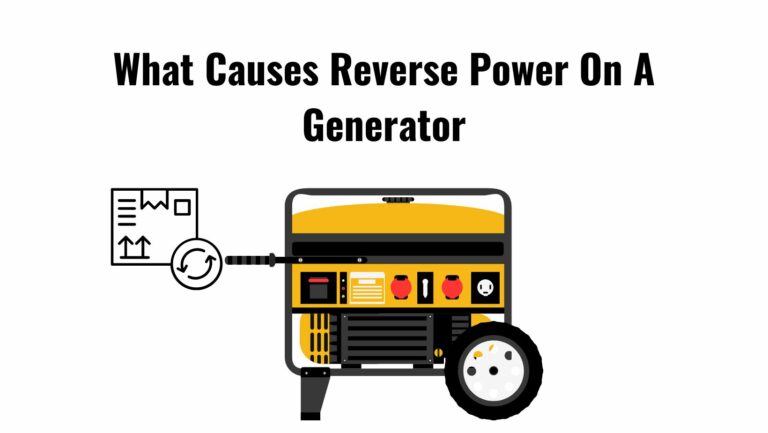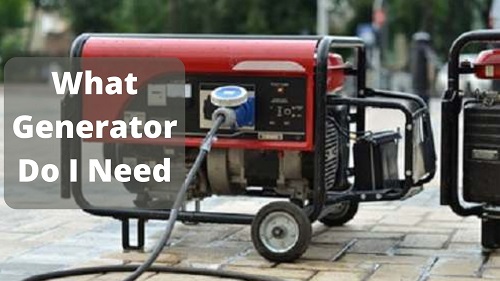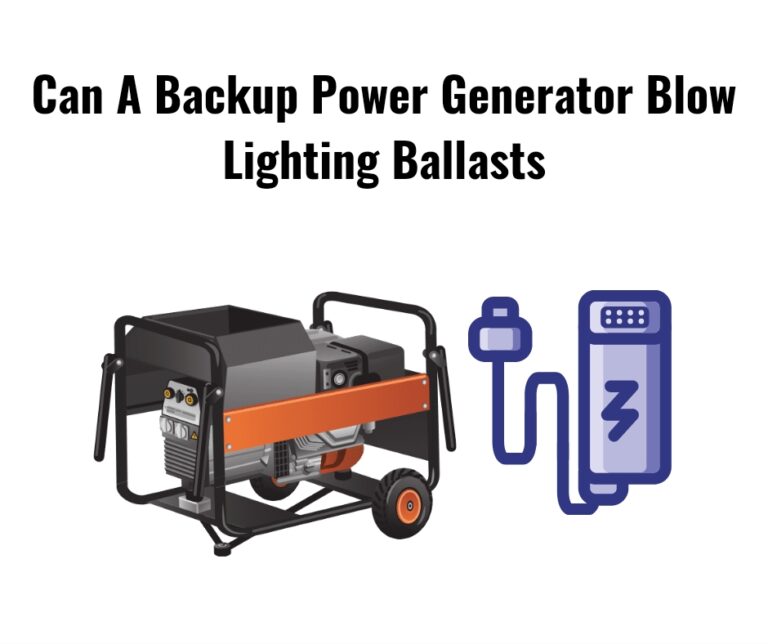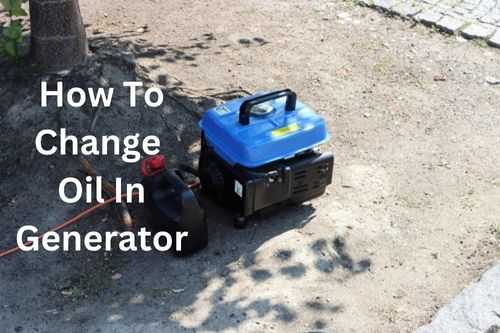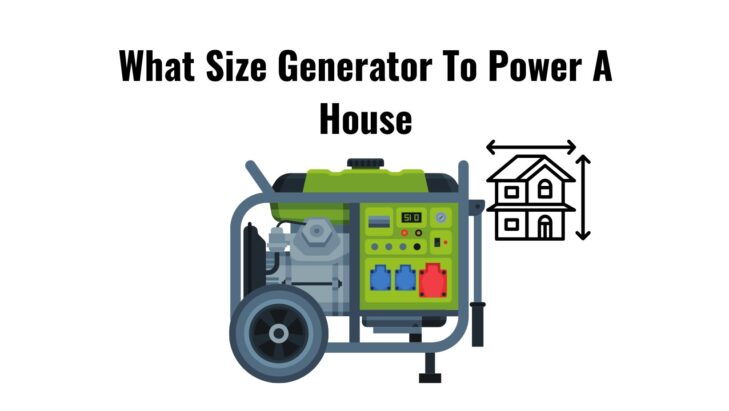
Generators can be a lifesaver during power outages, providing essential power to your home to keep your appliances and systems running. But with so many options available, it can be difficult to determine the right size generator for your home.
This article aims to provide a comprehensive guide on what size generator to power a house, taking into consideration the various factors that determine the generator’s size. From understanding your power needs to choosing the right generator size and features, this article will help you make an informed decision when purchasing a generator for your home.
Understanding Your Power Needs
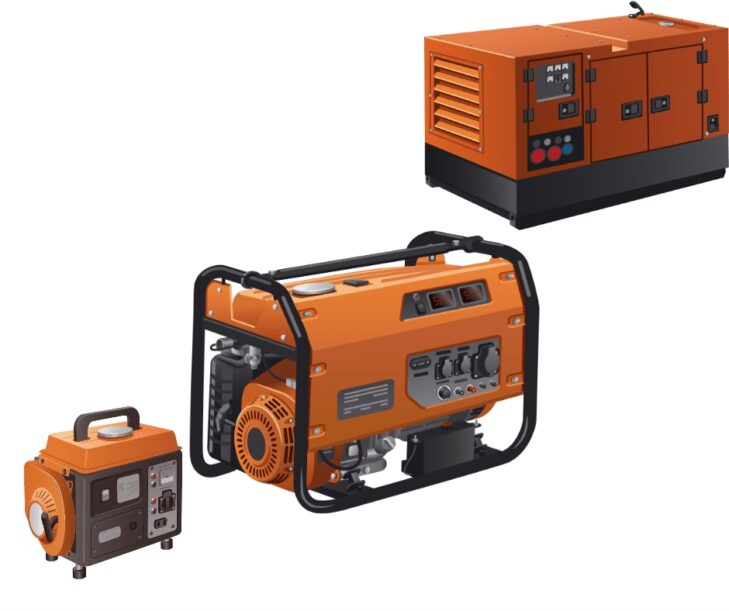
Before choosing a generator, it’s important to understand the power requirements of your house. This will help you determine the right size generator that can adequately provide power to your home during a blackout.
Factors Affecting Power Consumption
The power consumption of your house is affected by several factors, including the appliances, lighting, heating and cooling system, and any other electrical devices in use. Some of the most common appliances that consume a significant amount of power include refrigerators, air conditioners, and water heaters. Additionally, the number and type of lights and electronics in your home also contribute to the overall power consumption.
How to Calculate Total Power Consumption
To determine the total power consumption of your home, you’ll need to add up the wattage of all the appliances, lights, and other electrical devices that you want to power during an outage. To get a rough estimate of your home’s power consumption, you can use a power consumption calculator available online. Alternatively, you can add up the wattage of each appliance listed on its label, multiply the number of hours you’ll be using it by the wattage, and add up the total. This will give you an estimated power consumption in kilowatt-hours (kWh).
However, understanding your power needs is a crucial step in choosing the right generator for your home. Make sure to take into account all the factors affecting your power consumption and calculate the total power consumption to ensure that you have a generator that can provide enough power during an outage.
Choosing The Right Generator Size
When it comes to generator sizing, it is typically measured in kilowatts (kW). This unit of measurement represents the power output of the generator and helps determine the size of the generator you’ll need to power your home.
Importance of High-Enough Power Output
It’s important to choose a generator with a high enough power output to meet the power requirements of your home during an outage. A generator with too low a power output will not be able to handle the load of your appliances and systems, while a generator with too high a power output will be overkill and a waste of money.
Overview of Generator Sizes
Generators come in various sizes, ranging from small portable units with a power output of 1-2 kW to larger, stationary units with a power output of up to 20 kW or more. Some common generator sizes include:
- 500 – 2,000W: suitable for small appliances, lights, and electronics
- 3-6 kW: suitable for essential appliances and a few electronics
- 7-10 kW: suitable for most homes with essential appliances, lights, and HVAC system
- 11-15 kW: suitable for larger homes with more appliances and electronics
- 16-20 kW and up: suitable for homes with high power demands, including well pumps and large HVAC systems
Also, choosing the right generator size is critical to ensure that you have adequate power during an outage. Consider the power requirements of your home, choose a generator with a high enough power output, and be aware of the different generator sizes available to make an informed decision.
Features To Consider
When choosing a generator, there are several features you should consider to ensure that you select the right one for your needs. Some of the most important features include:
Fuel Type
Generators are powered by various types of fuel, including gasoline, propane, diesel, and natural gas. Each type of fuel has its advantages and disadvantages, and you’ll need to choose the one that best fits your needs. Gasoline is the most commonly used fuel type and is readily available, while propane is a cleaner-burning alternative. Diesel and natural gas are more efficient but are also more expensive.
Noise Level
The noise level of a generator is an important consideration, especially if you plan to use it in a residential area. Generators produce varying levels of noise, from as low as 53 decibels (dB) to as high as 80 dB or more. When shopping for a generator, consider the noise level and choose one that’s quiet enough to use near your home.
Portability
Another feature to consider is portability. Portable generators are designed to be easily moved around, making them ideal for outdoor use or when you need to take your power source with you. Stationary generators, on the other hand, are designed to stay in one place and are better suited for permanent installation.
Ease of Use
Generators can be complicated to operate, especially for those who are not familiar with electrical systems. Look for a generator with a simple control panel and clear, concise instructions for ease of use.
Safety Features
Finally, safety is a key consideration when choosing a generator. Look for generators with built-in safety features, such as low oil shut-off, automatic voltage regulation, and circuit breaker protection. These features help to prevent damage to the generator and to your appliances, ensuring a safe and reliable power source during an outage.
Moreover, when choosing a generator for your home, consider the fuel type, noise level, portability, ease of use, and safety features to ensure that you select the right one for your needs. With the right generator, you can enjoy peace of mind knowing that you have a reliable source of power during an outage.
What Size Generator To Power A House
When it comes to powering your home during an outage, choosing the right generator size is critical. A generator rated between 3,000 to 8,500 watts can effectively run your most critical household appliances, including refrigerators, freezers, and lighting circuits.
In order to determine the right generator size for your home, you must consider the power requirements of your appliances. A generator with a power output of 4,500 running watts is capable of running all these appliances at once, ensuring that you have a reliable source of power during an outage.
It’s important to note that this is a general estimate and that the actual power requirements of your home may vary. To ensure that you have the right generator size, consult with a professional or use an online generator sizing calculator to determine your specific power needs.
Finally, a generator rated between 3,000 to 8,500 watts is a good starting point for powering your most critical household appliances during an outage. Choose a generator that meets your power needs, and you’ll be able to enjoy peace of mind knowing that you have a reliable source of power when you need it.

